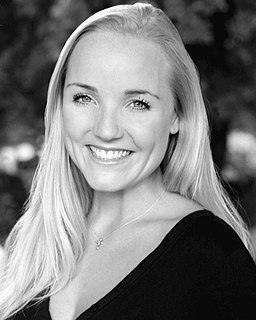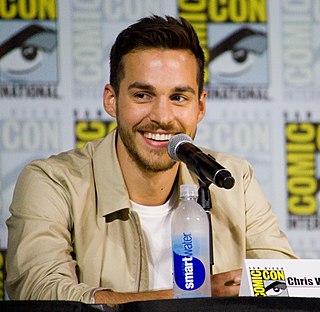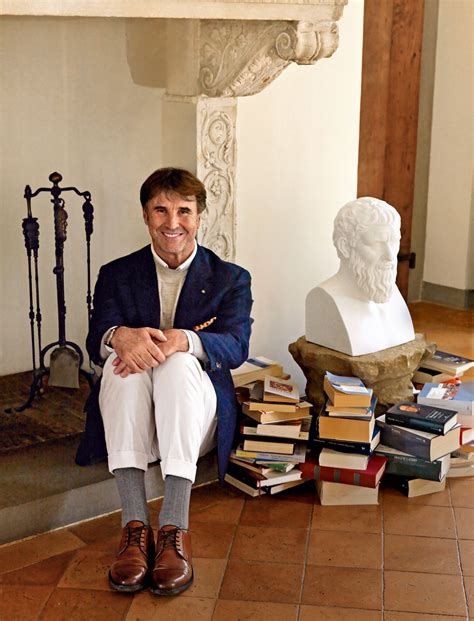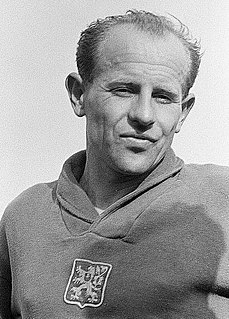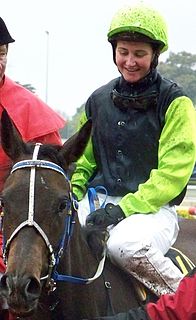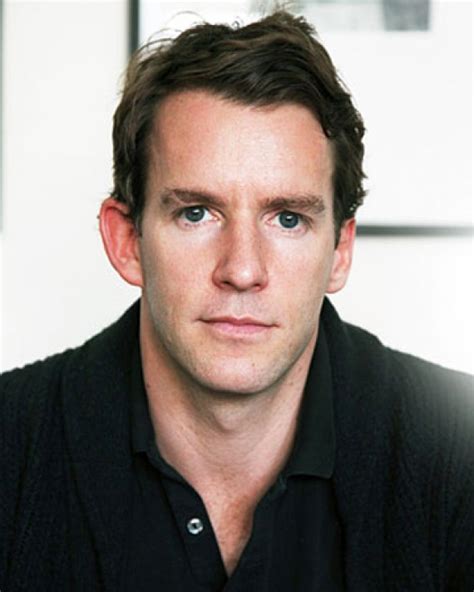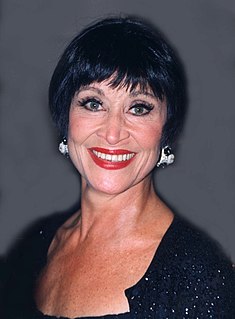A Quote by Kate Bush
People ask what I really did in the three years between 'The Dreaming' and 'Hounds of Love.' I spent it with my family, living a normal home life.
Related Quotes
My family would soon tell me if I was getting above my station. I love what I do, I love my job, but I also like to go home and lead a normal life. ... I like to go to the gym, go shopping and do normal things, and it's totally unnecessary to not value people working around you. It's down to good manners, really.
I was born in Evanston, Illinois. I spent my elementary and part of my junior high school years in a D.C. suburb. And then I spent my high school years in Minnesota. And then I spent my college years in Colorado. And then I spent some time living in China. And then I spent three years in Vermont before moving down to Nashville.
I'm pretty sure I can say that no one in my family ever asked Demetrie what it felt like to be black in Mississippi, working for our white family. It never occurred to us to ask. It was everyday life. It wasn't something people felt compelled to examine. I have wished, for many years, that I'd been old enough and thoughtful enough to ask Demetrie that question. She died when I was sixteen. I've spent years imagining what her answer would be. And that is why I wrote this book.
I guarantee that if you threw 100 people into a room, the first three questions they would ask each other are: 'Where did you grow up?,' 'Where did you go to school?' and 'What do you do for a living?' Most people on Bumble are looking for a life partner, and those things have a huge impact on compatibility.
I lost my father four years ago to what was the culmination of a manic episode that seemingly, to my family, came completely out of the blue after 59 years on this earth with no issues that we knew about, at least - sort of a normal run-of-the-mill guy who did his job and came home and had a family.
You talk about crying! The spring of 1988, I spent a fair length of time trying to come to grips with who I was and the habits I had, and what they did to people that I truly loved. I really spent a period of time where, I suspect, I cried three or four times a week. I read Men Who Hate Women and the Women Who Love Them and I found frightening pieces that related to...my own life.
It is more than twenty years since we left the city. This is a serious chunk of time, longer than the years we spent living there. Yet we still think of Jerusalem as our home. Not home in the sense of the place that you conduct your daily life or constantly return to. In fact, Jerusalem is our home almost against our wills. It is our home because it defines us, whether we like it or not.

